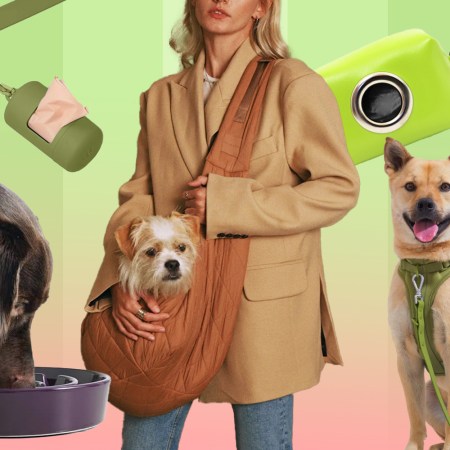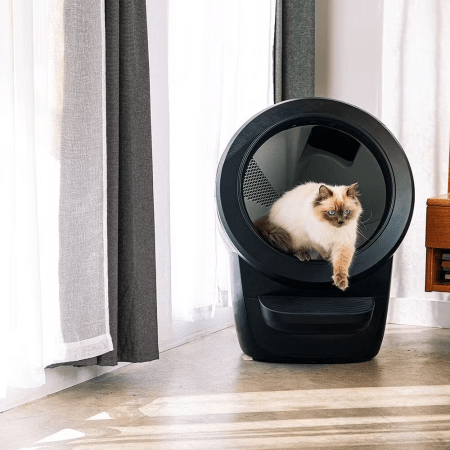From starring in their own Instagram accounts to taking vitamins, dogs do everything their owners do these days. As more people shift to cut meat out of their diets due to health and climate concerns, the pups of some ethically conscious meat abstainers are even following vegan diets of their own. But should they be?
According to Wired, it might actually not be the best idea to put your pet on a vegan diet, despite the multiple startups selling vegan pet food that may be appealing to carbon-concerned pet owners. While the booming alternative meat market has made it easier than ever for humans to cut out meat from their diets, animals’ nutritional needs vary considerably from humans’, and maintaining optimal health without meat is more complicated for pets.
“Any nutritionally ‘complete’ diet will need to contain the correct nutrients in the correct proportions,” said Nicole Paley, deputy chief executive of the U.K.’s Pet Food Manufacturers Association. While some pets, like dogs, may be able to survive on a healthy vegan or vegetarian diet, it’s a careful balance to strike. According to Wanda McCormick, a lecturer in nutritional biochemistry at the University of Northampton, protein isn’t the only concern. McCormick told Wired it’s important that companies producing meat-free pet food alternatives “don’t just look at the protein content but at the amino acid profile to make sure that all the amino acids that are essential for dogs are included.”
Meanwhile, cats are true carnivores, making a healthy meat-free diet much more complicated. As Wired noted, turning cats vegan or vegetarian could actually result in criminal charges under the Animal Welfare Act in the U.K. In order to provide cats the meat they need while addressing pet owners’ ethical concerns, some pet food alternative startups are developing slaughter-free meat. However, experts warn that these products require further research and testing to ensure they will meet pets’ full nutritional needs.
“We have to bear in mind that what we’re doing is in the best interest of the animal,” said McCormick, “not just the moral viewpoint of the owner.”
Editor’s Note: RealClearLife, a news and lifestyle publisher, is now a part of InsideHook. Together, we’ll be covering current events, pop culture, sports, travel, health and the world. Subscribe here for our free daily newsletter.
Thanks for reading InsideHook. Sign up for our daily newsletter and be in the know.


















